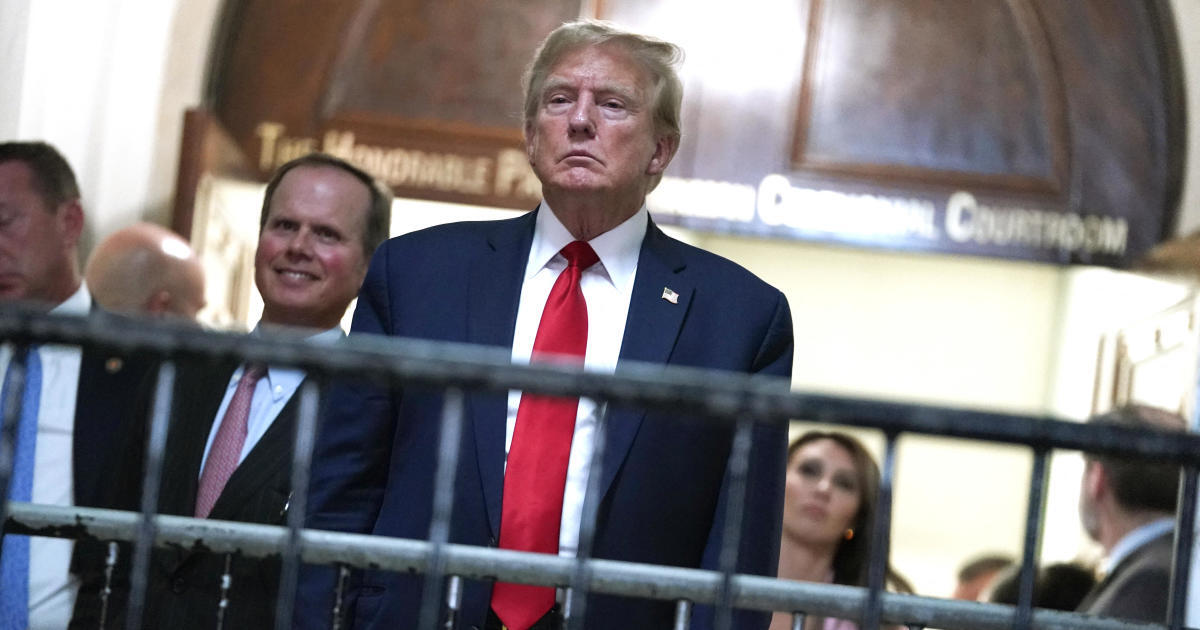Former President Donald Trump will not be allowed to deliver his own closing argument in his civil fraud trial in New York on Thursday, the judge overseeing the case said.
Judge Arthur Engoron told Trump’s attorneys that the former president must submit to certain restrictions if he wished to address the court, which Trump’s team did not agree to. The judge said that Trump would have to limit his statement in court to “what is permissible in a counsel’s closing argument, that is, commentary on the relevant, material facts that are in evidence, and application of the relevant law to those facts.”
An email thread added to the case’s docket Wednesday showed negotiations between Engoron and Trump’s attorneys. After extending his deadline for a response, Engoron wrote Wednesday afternoon that Trump would not be allowed to speak.
“Not having heard from you by the third extended deadline (noon today), I assume that Mr. Trump will not agree to the reasonable, lawful limits I have imposed as a precondition to giving a closing statement above and beyond those given by his attorneys, and that, therefore, he will not be speaking in court tomorrow,” the judge wrote.



Translation: You have to only say things that are true and relevant to the court case.
Trump was like, “hmmmmmm can’t promise that.”
Trump was like, " That’s not possible. "
I would love to see a poll of Republicans that says something like:
A judge instructs a defendant that “what is permissible in a counsel’s closing argument, that is, commentary on the relevant, material facts that are in evidence, and application of the relevant law to those facts.” Did the judge illegally limit the defendant’s freedom of speech?
Then ask the same question, but change “defendant” to “Trump”, and compare the results. I guarantee you’d get more than twice the amount of people saying it was wrong for Trump but not for any generic defendant.